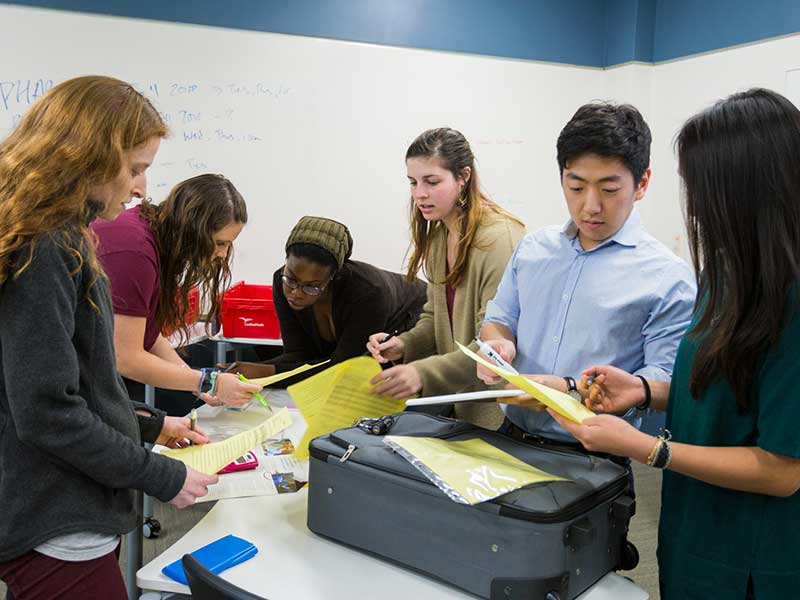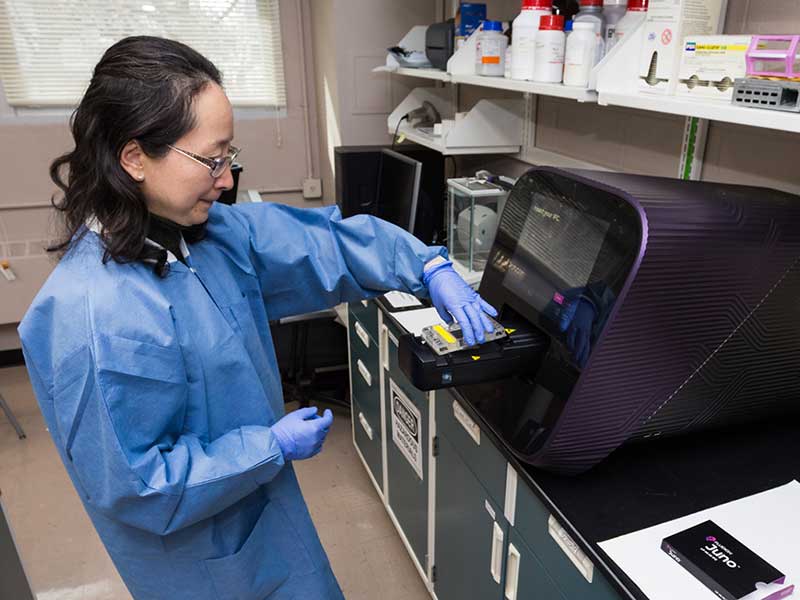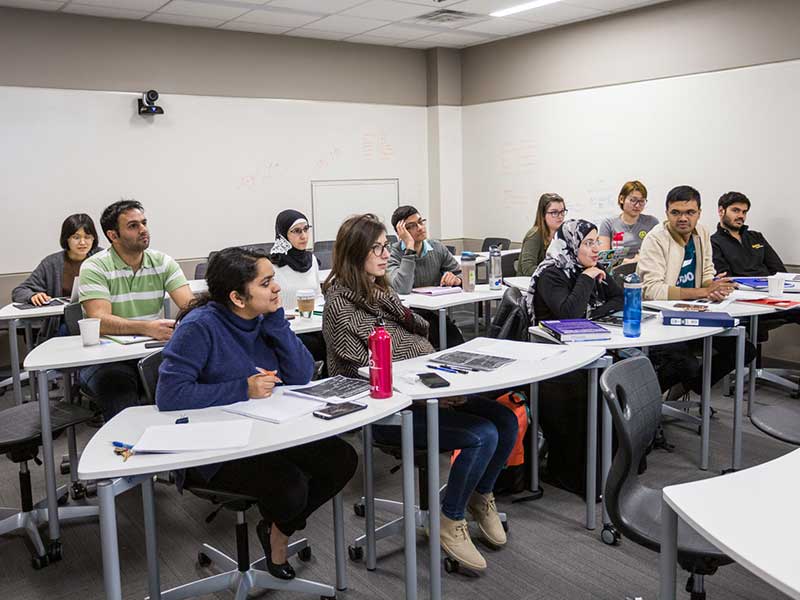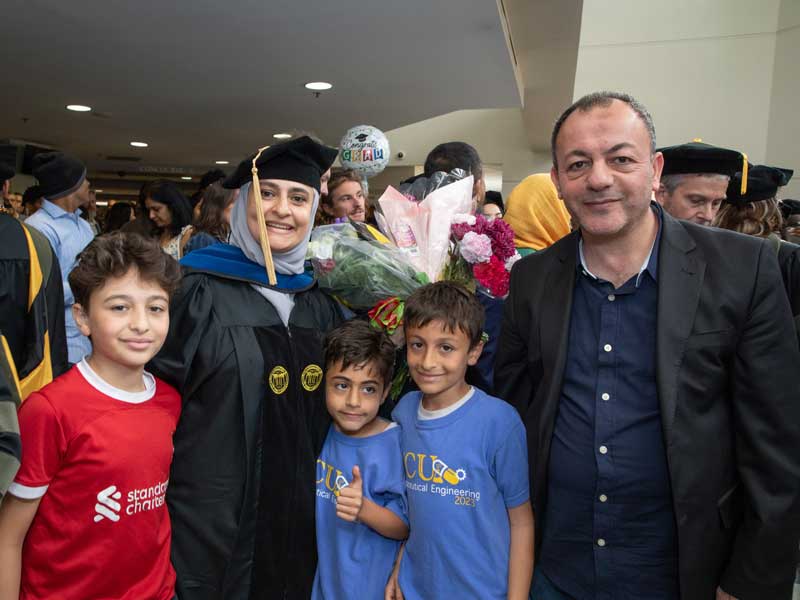Department of Medicinal Chemistry
Discovering and developing new therapeutic agents and targets
Medicinal chemistry, a multidisciplinary field integrating chemistry and the life sciences, applies chemical principles to study biologically active substances such as therapeutically useful drugs, natural products, toxins and drugs of abuse. Our department offers advanced training in drug design and discovery, emphasizing areas such as cardiovascular drugs, central nervous system agents, antimicrobial targets, natural product biosynthesis, anti-cancer agents and biomolecule structure elucidation. With state-of-the-art molecular modeling facilities, synthetic organic chemistry laboratories, X-ray crystallographic equipment and high-field nuclear magnetic resonance spectrometers, our research is supported by cutting-edge technologies and collaborations with the Center for Drug Discovery.
Explore
Degree Offerings
Our M.S. and Ph.D. programs offer an in-depth study of synthesizing, analyzing and designing pharmaceutical compounds.


Research
Our department is a leader in drug discovery and development.


Courses
Review a list of medicinal chemistry courses on the VCU Bulletin site.


Graduate Student Association
Explore the alpha chapter of the nationally-recognized ACS MEDI Division.


Who We Are
Faculty and Staff
Meet our dedicated faculty and staff, whose expertise and commitment drive our mission and foster a dynamic learning environment.
Graduate Students
Meet our current students, who are actively contributing to cutting-edge research and advancing their fields within the department.
Alumni
Explore the achievements of our alumni, who exemplify the success and impact of our department's education and training.


